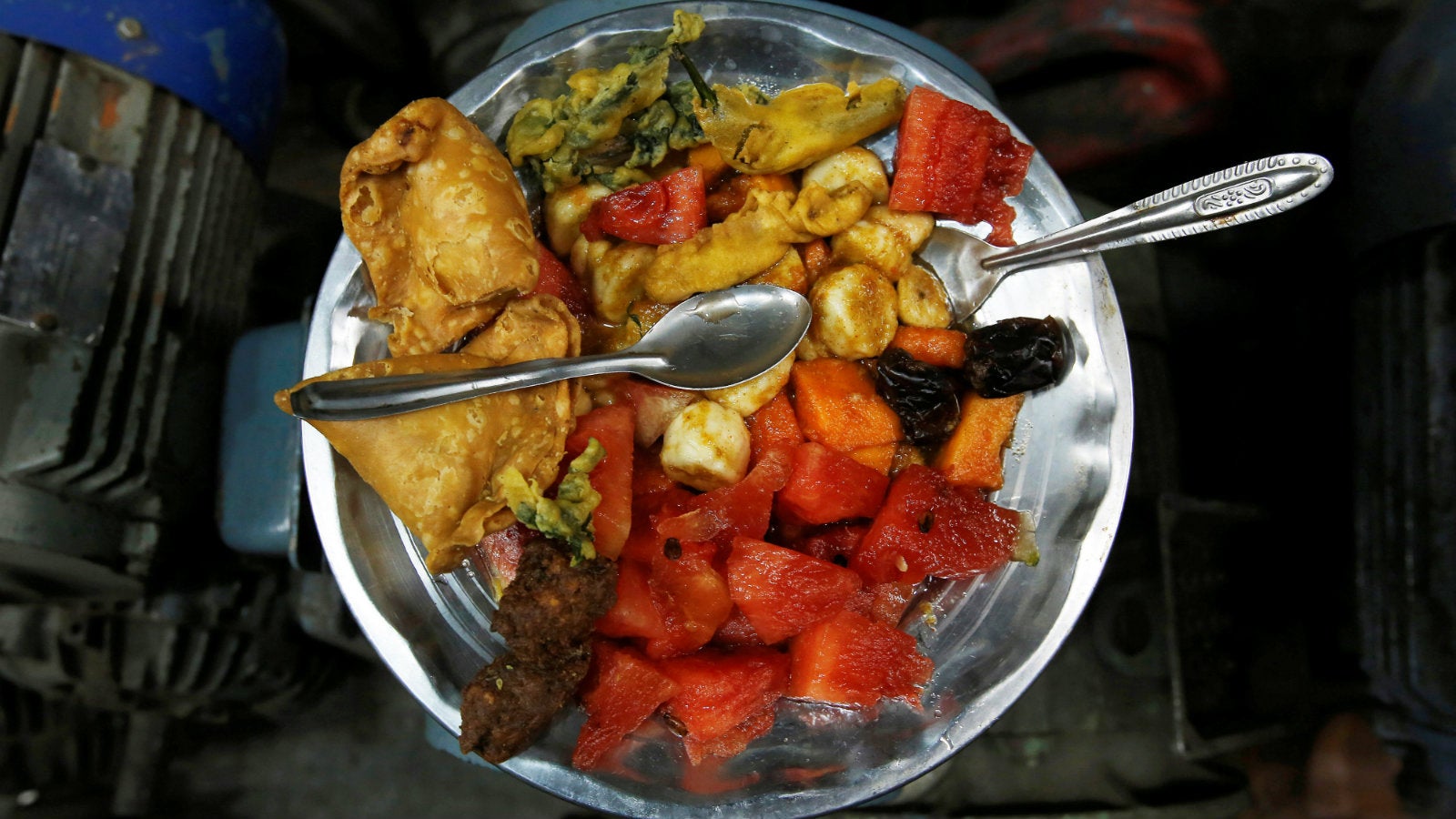There’s something rotten inside India’s top food safety regulator
The country’s top food regulator is under the scanner.


The country’s top food regulator is under the scanner.
The Food Safety Standards Authority of India (FSSAI), responsible for regulating and monitoring food safety, has been rapped over ill-equipped food laboratories and for following poor testing standards.
An audit report (pdf) by the Comptroller and Auditor General of India (CAG) tabled in parliament on Dec. 19 has raised several concerns over clearances and testing of food, the lack of equipment, and a shortage of staff across various testing labs affiliated with the FSSAI. It has also questioned the lack of guidelines and procedures to regulate the use of certain food items. “The audit revealed systemic inefficiencies, including delays and deficiencies in the framing of various regulations and standards,” the CAG report said.
Established in 2011 under the Food Safety and Standard Act, 2006, the FSSAI is part of India’s ministry of health and family welfare. Its primary function is to lay down scientific standards for food and to regulate their manufacture, storage, distribution, sale, and import. It works through a network of state and referral food laboratories.
In its audit, the CAG scrutinised the FSSAI’s functioning between August 2011 and March 2016, looking into 53 districts and 20 state laboratories, along with facilities in eight ports.
Here are some of the key findings from the report:
- State of food-testing labs: The CAG has underlined the shoddy state of food-testing labs under the FSSAI. “Most of the state food laboratories entrusted with food testing and certification functions were not only ill-equipped but also did not possess accreditation of the National Accreditation Board for Testing and Calibration Laboratories (NABL),” the report said. The CAG report also highlighted a shortage of qualified manpower and functional equipment in certain state food laboratories that could have led to “deficient testing of food samples.”
- Lack of standards for regulating some food items: The FSSAI “failed to devise action plans to identify areas on which standards are to be formulated or revised within specified time frames and the manner of selection of food products for the formulation of standards,” the CAG reported. In what can be seen as a conflict of interest, the CAG has claimed that the FSSAI reached out to operators of food businesses for their suggestions on revising the standards.
- Poor infrastructure for collection of samples: The CAG report has brought to light the dire conditions under which samples of food products are collected and stored in the various FSSAI facilities. “Audit observed deficiencies in the required infrastructure for safe custody of samples such as lockable, secure fridge, freezer, cold chain boxes, insulated boxes, etc. In the absence of the requisite infrastructure, the samples were stored in almirahs and cupboards,” the report noted. This led to the deterioration of samples even before they were sent to labs for testing.
- Lapses in issuing licences and clearances: The FSSAI has been found guilty of issuing licences to operators of food businesses who failed to submit all relevant documents required. In fact, the audit found out that 50% of FBOs (food business operators) surveyed by the CAG were granted licences with incomplete documents.
- Financial lapses: The CAG report has also highlighted financial lapses within the FSSAI. According to the report, the FSSAI did not frame regulations for utilisation of funds of Rs100.73 crore it had collected through licence fees, testing, and laboratory fees, etc.